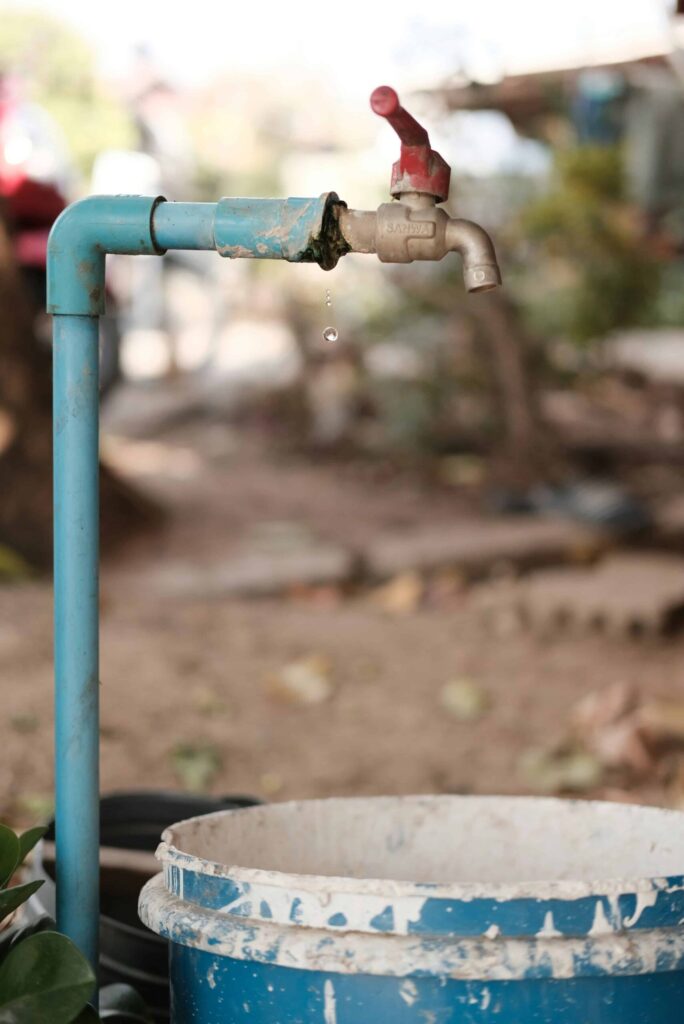Decoupling without deglobalisation: The new geography of trade blocs

As geopolitical tensions rise, fears of deglobalisation have taken centre stage. However, world trade has remained surprisingly resilient, at least through 2023. This column uses
Global merchandise trade tops expectations in H1

WTO economists raised the 2025 merchandise trade growth forecast to 2.4%. Global merchandise trade outpaced expectations in the first half of 2025, driven by increased
Bilateral trade in services: A new research database

While trade debates focus on tariffs and goods, services have quietly defied deglobalisation and become an increasingly important driver of growth. Services trade not only
The tourism impact: Diversifying Saudi Arabia’s economy and creating jobs through culture

The Kingdom of Saudi Arabia (KSA) has a rich cultural heritage, and a wealth of natural assets like the colorful Red Sea and stunning desert
Global merchandise trade tops expectations in H1

WTO economists raised the 2025 merchandise trade growth forecast to 2.4%. Global merchandise trade outpaced expectations in the first half of 2025, driven by increased
The enormous economic burden of age-related diseases in South America

As populations age, noncommunicable diseases and mental health conditions are draining South American economies, reducing labour supply and diverting resources from investment. This column presents
Sierra Leone’s path to a water-secure and WASH-improved future

In the words of President Julius Maada Bio, “access to safe water and sanitation is not a favor extended to the few, but a right
How the US South caught up: A century of manufacturing productivity convergence

Economic historians have long debated whether lagging regions can catch up in productivity with industrial leaders. This column shows that, under the right conditions, such
Local problems, local solutions: The need for advanced skills and R&D in the developing world

Education is part of the enabling infrastructure required for jobs, social development, and future economic growth. Unfortunately, low- and middle-income countries face an urgent skills
The economic impact of European capital market integration

Economic growth in Europe continues to lag behind that of the US, largely due to smaller productivity gains. This column uses a general equilibrium model





